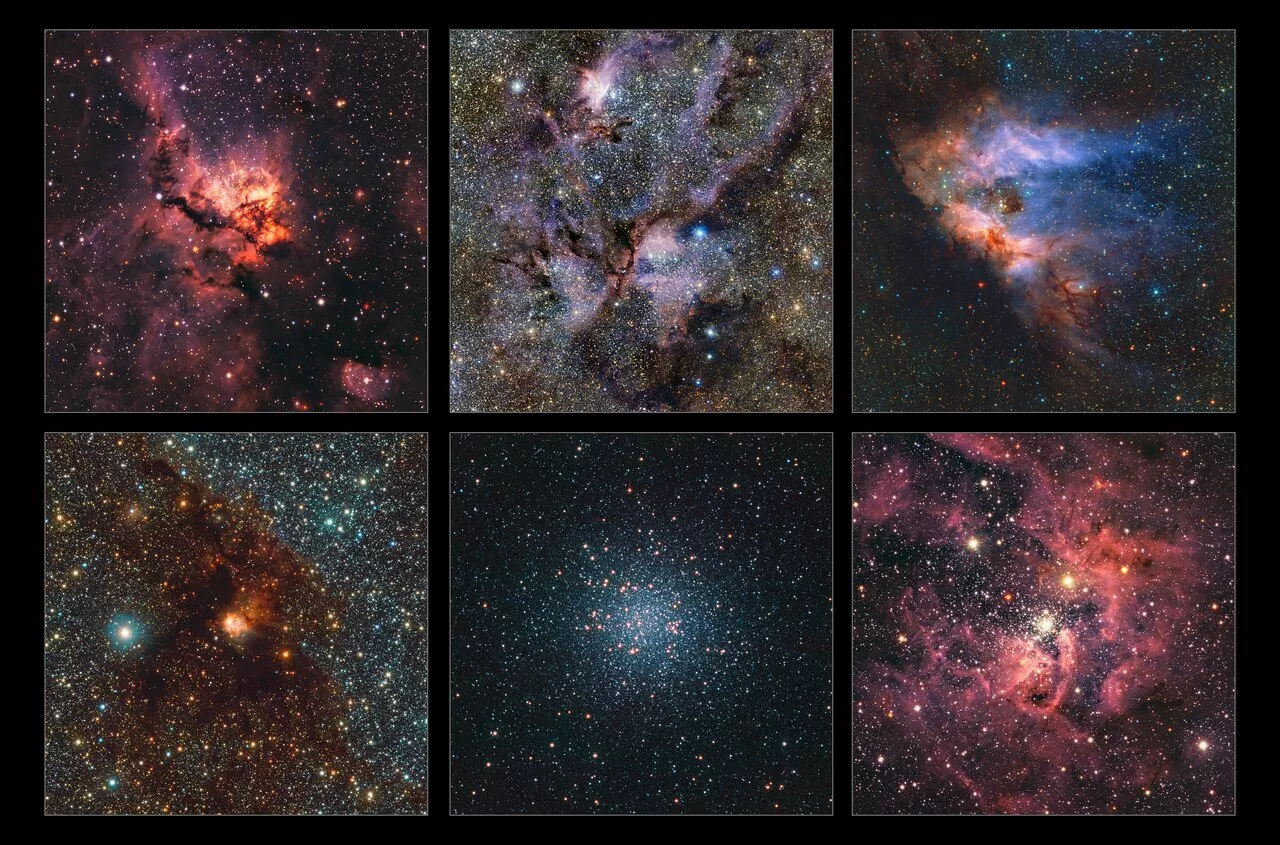Astronomers have published a gigantic infrared map of the Milky Way containing more than 1.5 billion objects―the most detailed one ever made. Using the European Southern Observatory's VISTA telescope, the team monitored the central regions of our galaxy over more than 13 years.
Telescope captures the most detailed infrared map ever of our Milky Way retrieved 26 September 2024 from https://phys.org/news/2024-09-telescope-captures-infrared-milky.html
This document is subject to copyright. Apart from any fair dealing for the purpose of private study or research, no part may be reproduced without the written permission. The content is provided for information purposes only.Use this form if you have come across a typo, inaccuracy or would like to send an edit request for the content on this page. For general inquiries, please use ourThank you for taking time to provide your feedback to the editors.
Your feedback is important to us. However, we do not guarantee individual replies due to the high volume of messages.to let the recipient know who sent the email. Neither your address nor the recipient's address will be used for any other purpose. The information you enter will appear in your e-mail message and is not retained by Phys.org in any form.Get weekly and/or daily updates delivered to your inbox.
Physics News Science News Technology News Physics Materials Nanotech Technology Science
United States Latest News, United States Headlines
Similar News:You can also read news stories similar to this one that we have collected from other news sources.
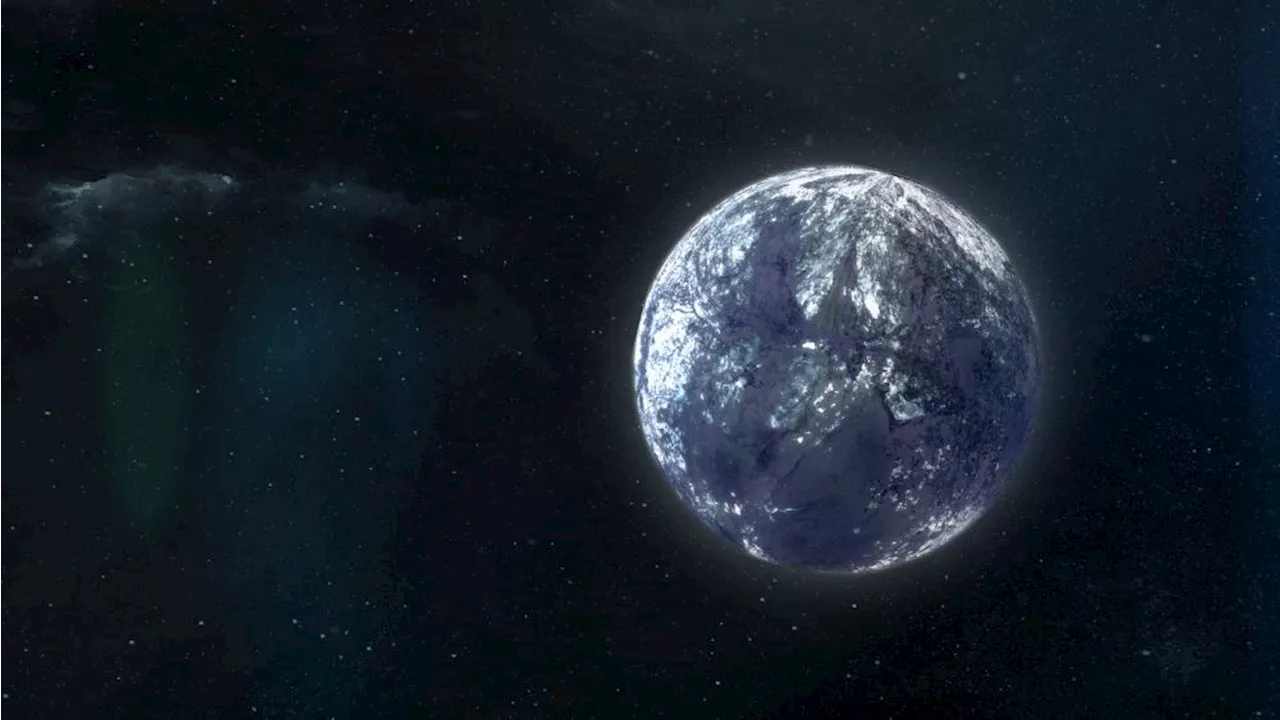 There Could be Trillions of Rogue Planets Wandering the Milky WaySpace and astronomy news
There Could be Trillions of Rogue Planets Wandering the Milky WaySpace and astronomy news
Read more »
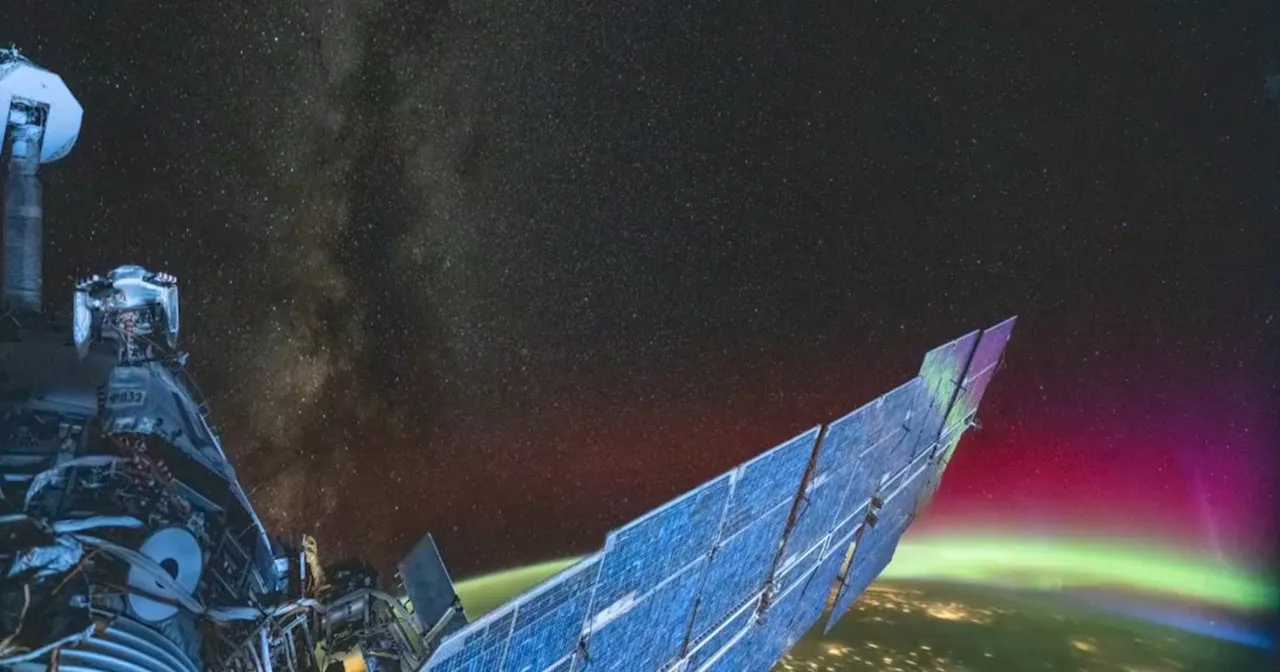 ISS astronaut’s stunning time-lapse includes the Milky WayA NASA astronaut aboard the space station has shared a breathtaking time-lapse featuring Earth, an aurora, the Milky Way, and the station itself.
ISS astronaut’s stunning time-lapse includes the Milky WayA NASA astronaut aboard the space station has shared a breathtaking time-lapse featuring Earth, an aurora, the Milky Way, and the station itself.
Read more »
 Milky Way's Mysterious Ripple Could Be a Scar From an Ancient CollisionThe Best in Science News and Amazing Breakthroughs
Milky Way's Mysterious Ripple Could Be a Scar From an Ancient CollisionThe Best in Science News and Amazing Breakthroughs
Read more »
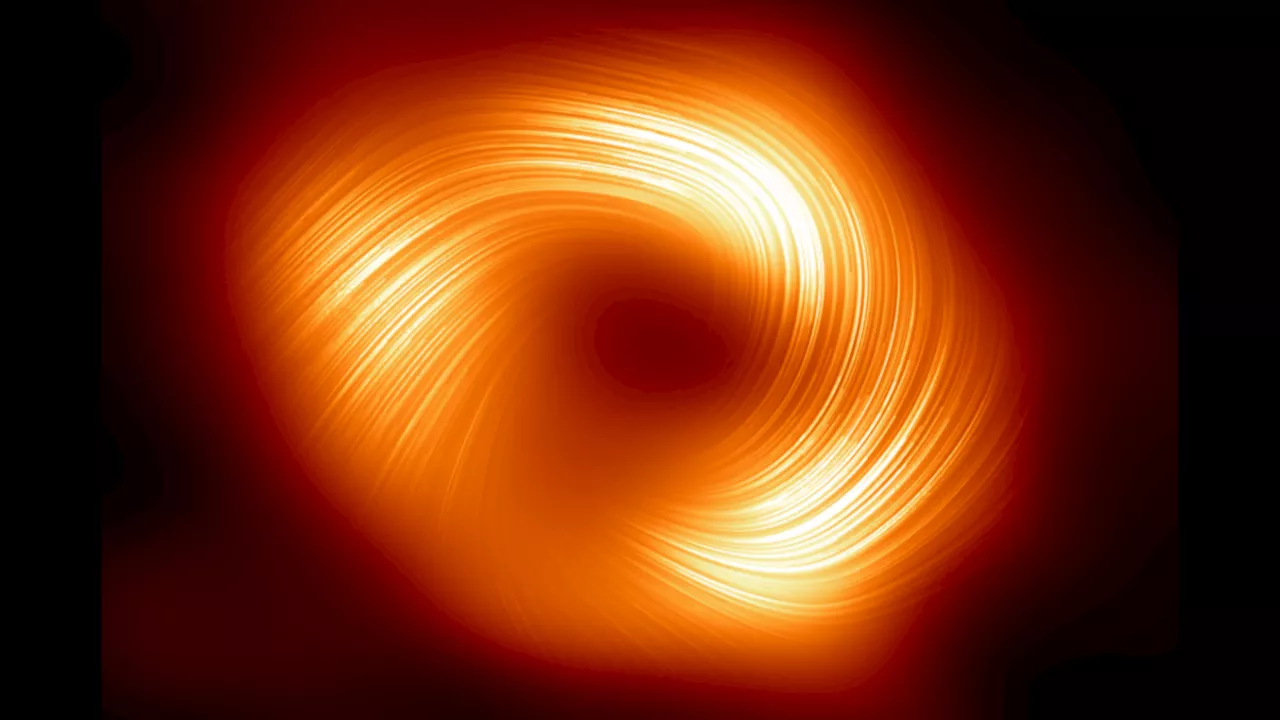 The 1st Milky Way black hole image was groundbreaking — the next could be even betterKeith Cooper is a freelance science journalist and editor in the United Kingdom, and has a degree in physics and astrophysics from the University of Manchester.
The 1st Milky Way black hole image was groundbreaking — the next could be even betterKeith Cooper is a freelance science journalist and editor in the United Kingdom, and has a degree in physics and astrophysics from the University of Manchester.
Read more »
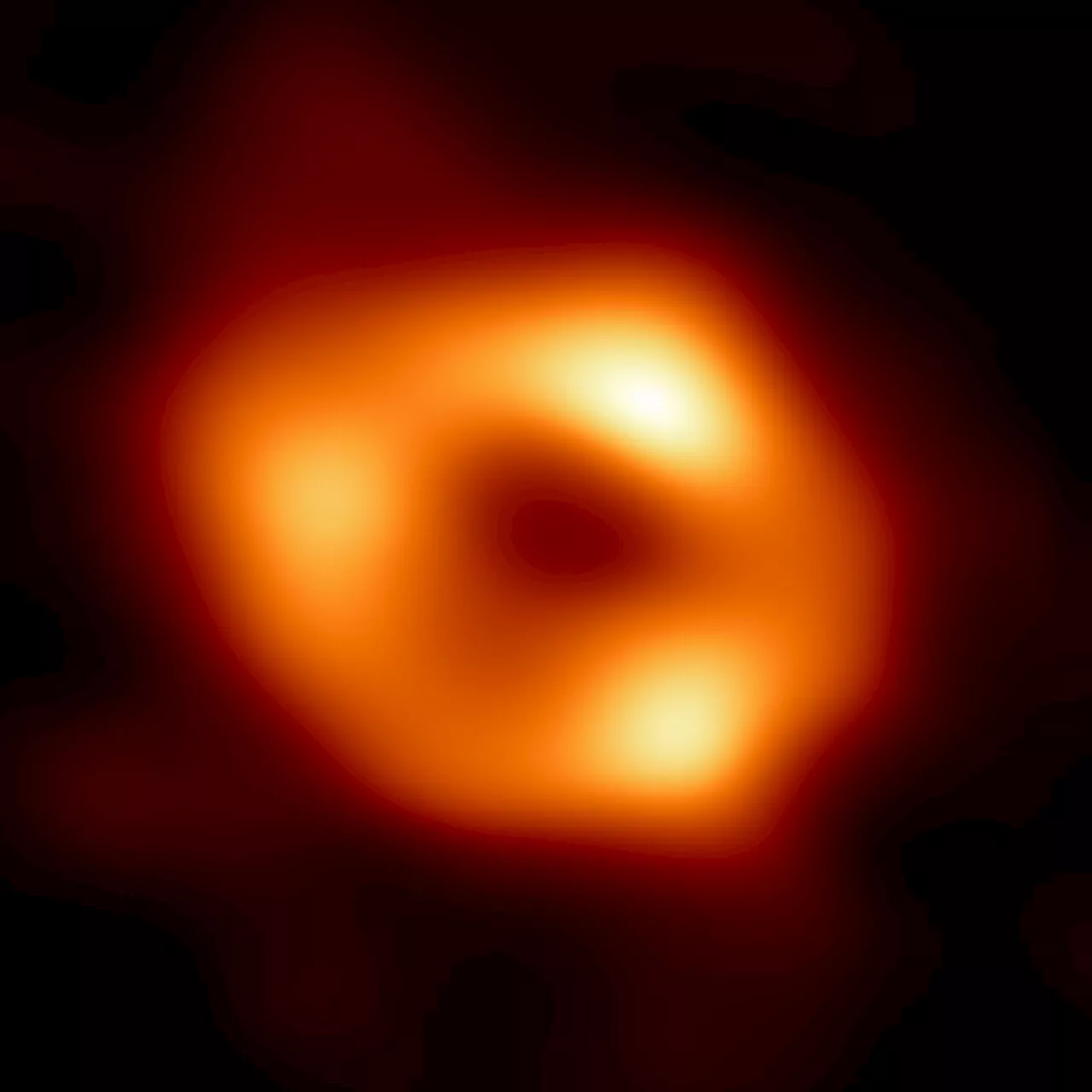 The Milky Way's Supermassive Black Hole Might Have Formed 9 Billion Years AgoSagittarius A-Star, the supermassive black hole at the center of the Milky Way, has some strange properties. Is it the result of a BH merger?
The Milky Way's Supermassive Black Hole Might Have Formed 9 Billion Years AgoSagittarius A-Star, the supermassive black hole at the center of the Milky Way, has some strange properties. Is it the result of a BH merger?
Read more »
 JWST Reveals Spectacular Star Formation in Milky Way's Extreme Outer GalaxyThe James Webb Space Telescope (JWST) has captured breathtaking images of star formation in Digel Cloud 2, a region located over 58,000 light-years away in the Milky Way's Extreme Outer Galaxy. The images reveal luminous main clusters full of bright young stars and active nebular structures.
JWST Reveals Spectacular Star Formation in Milky Way's Extreme Outer GalaxyThe James Webb Space Telescope (JWST) has captured breathtaking images of star formation in Digel Cloud 2, a region located over 58,000 light-years away in the Milky Way's Extreme Outer Galaxy. The images reveal luminous main clusters full of bright young stars and active nebular structures.
Read more »
